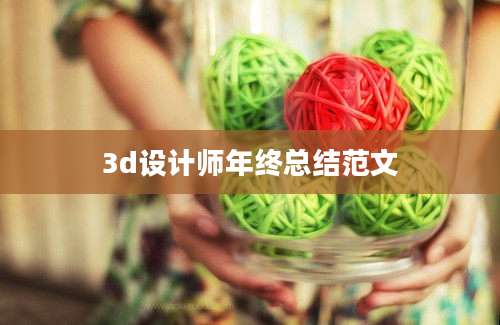雅思口语9分范文:

Part 1: Personal Information
Q: Can you tell me about yourself?
A: Sure, I'm currently a student at a prestigious university in China, studying Environmental Science. I'm really passionate about protecting our planet and finding sustainable solutions to environmental issues. Outside of my studies, I enjoy hiking, reading, and practicing calligraphy, which helps me to relax and connect with my cultural roots.
Q: What do you do in your free time?
A: In my free time, I like to engage in outdoor activities. I enjoy hiking and exploring new trails, which not only keeps me physically fit but also allows me to appreciate the beauty of nature. Additionally, I read a lot, especially books on history and science. I find it fascinating to learn about different cultures and how they have shaped our world.
Q: Do you have a favorite book or movie?
A: My favorite book is "To Kill a Mockingbird" by Harper Lee. It's a powerful story about justice and the human condition. As for movies, I really love "Inception" directed by Christopher Nolan. The concept of multiple layers of dreams is intriguing and the visual effects are stunning.
Part 2: Long Turn
Topic: A city you have visited
A: The city I would like to talk about is Kyoto, Japan. I visited Kyoto during my summer vacation last year. Kyoto is a city with a rich cultural heritage, and it was an unforgettable experience.
Kyoto is famous for its numerous temples and shrines, which reflect its long history and the importance of Buddhism in Japanese culture. One of the most impressive sights was the Kinkakuji, also known as the Golden Pavilion. The intricate gold leaf covering and the serene lake surrounding it created a magical atmosphere.
I also had the opportunity to visit the Fushimi Inari Shrine, which is famous for its thousands of vermilion torii gates leading up the mountain. It was fascinating to see how these gates are maintained and replaced by local communities.
In addition to the historical sites, Kyoto has a vibrant food scene. I tried several traditional Japanese dishes, such as sushi, ramen, and matchabased sweets. The flavors were unique and the culinary experience was one of the highlights of my trip.
Part 3: Discussion
Q: Why do you think Kyoto is such an important cultural city?
A: Kyoto holds a special place in Japanese culture for several reasons. First, it was the capital of Japan for over a thousand years, which means it has a wealth of historical sites and artifacts. The city's connection to the Imperial family and the Japanese monarchy is deeply rooted in its history.
Second, Kyoto is home to numerous Buddhist temples and Shinto shrines, which are central to Japanese spiritual life. These sites are not only religious but also cultural landmarks that attract visitors from all over the world.
Finally, Kyoto's traditional arts, such as tea ceremonies, flower arrangements, and traditional music, have been preserved and celebrated. The city's commitment to maintaining these cultural practices contributes to its status as a cultural hub.
Q: How do people in Kyoto contribute to the maintenance of their cultural heritage?
A: People in Kyoto take great pride in maintaining their cultural heritage. This is evident in the care and dedication shown to the temples, shrines, and historical sites. Local communities often participate in the restoration and maintenance of these landmarks.
For example, the Fushimi Inari Shrine has a system where individuals or groups can sponsor a torii gate. This not only helps with the shrine's upkeep but also provides a sense of ownership and contribution to the community.
Moreover, Kyoto's cultural institutions, such as museums and art galleries, offer educational programs and workshops that help preserve traditional arts and crafts. The participation of local residents in these programs is essential in passing on cultural knowledge to younger generations.
Q: What do you think are the benefits of visiting a city like Kyoto?
A: Visiting a city like Kyoto offers several benefits. First and foremost, it provides an opportunity to immerse oneself in a different culture and history. Kyoto's blend of traditional and modern aspects allows visitors to appreciate the evolution of Japanese society.
Additionally, Kyoto's natural beauty and wellpreserved historical sites offer a unique experience. The serene temples, lush gardens, and picturesque landscapes provide a peaceful retreat from the hustle and bustle of modern life.
Lastly, visiting Kyoto can inspire a deeper appreciation for cultural heritage and environmental conservation. The city's commitment to preserving its rich history and sustainable practices serves as a model for other cities around the world.
常见问答知识清单:
1. 为什么京都是一个重要的文化城市?
2. 京都人如何为维护他们的文化遗产做出贡献?
3. 访问像京都这样的城市有什么好处?
4. 京都最著名的旅游景点有哪些?
5. 京都的饮食文化有哪些特色?
6. 京都的茶道文化有哪些特点?
7. 京都的传统文化艺术有哪些?
8. 京都的历史和文化对日本社会有什么影响?
9. 京都的经济发展










